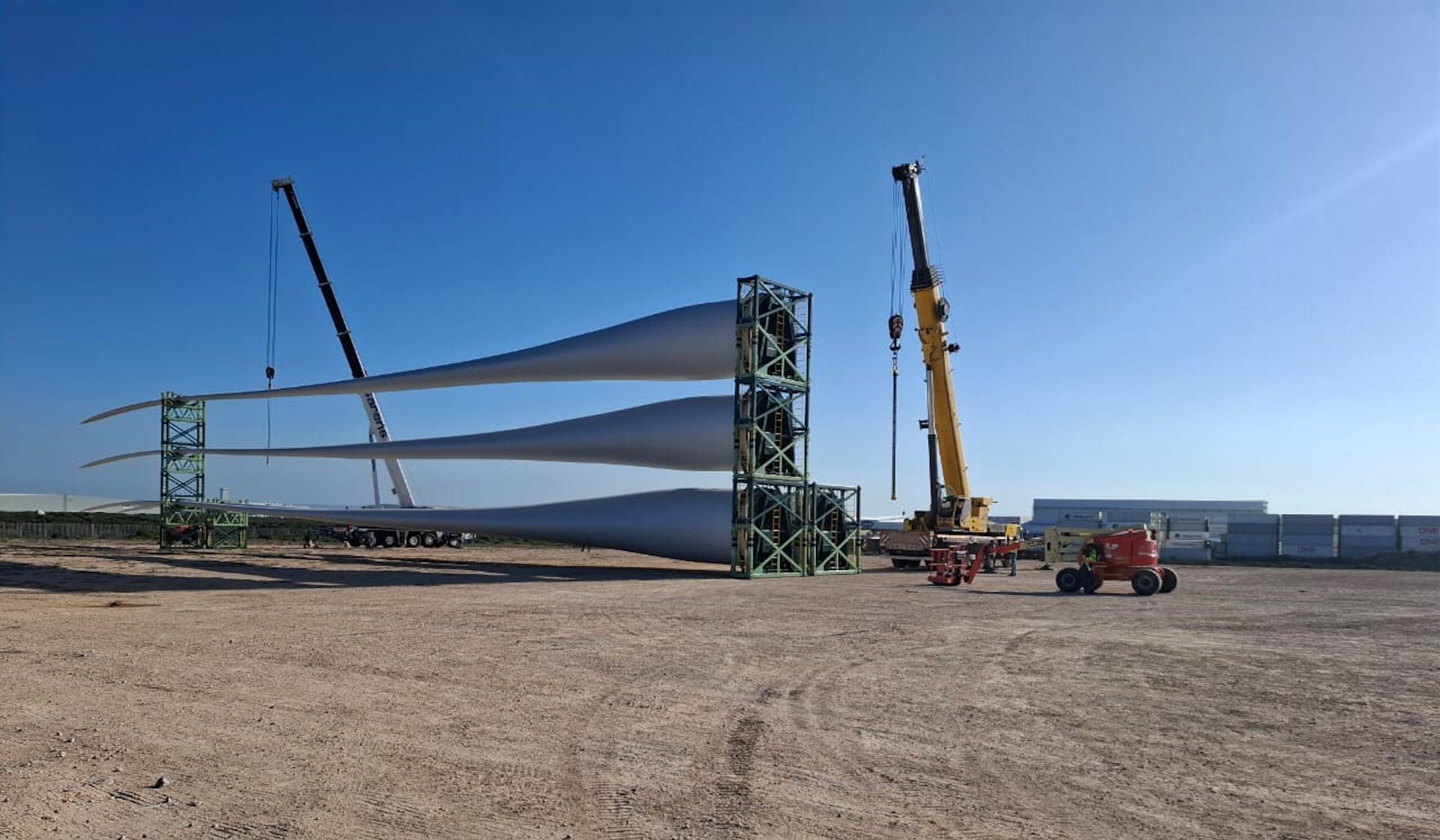1. Why would you suggest more legal professionals consider a career in the renewable energy industry / look to specialise in the industry?
Through the Integrated Resource Plan, South Africa and many other jurisdictions are aiming to have an energy mix that is dominated by renewable energy. It is clear that this is the path the world has chosen for many compelling reasons. A career path in renewables provides one with a sense of purpose and meaning, there is nothing more gratifying than seeing a wind turbine turning on agricultural land that is still being used for agricultural purposes. It is amazing that you can have electricity generated in the most cleanest way, without having disturbed a significant portion of land or emitting harmful gases in the air. Renewable Energy is a career of today and certainly a career of the future.
2. From a legal point of view, what policies would you like to see urgently addressed in order to unlock the development of renewables in SA?
There is no uniformity amongst the many regulators of energy in South Africa. There are too many different interests that are delaying the very clear policy stance provided by the Integrated Resource Plan. We hear this too often that South Africa is great at establishing policies, the problem is the implementation. The implementation in my opinion is being clouded by too many so called constraints that are really not. Without getting too political, the issue of grid constraints in the Cape Provinces could really have been dealt with in a much better way than currently proposed. Renewable Energy specific legislation that provides preference to renewable energy is a much needed intervention.
3. As a Developer, would you like to comment on the regulatory and policy framework governing the RE sector?
Attempts to regulate renewable energy commenced with the government issued 2008 white paper on renewable energy. It has been 15 years and we do not have renewable energy specific legislation like other jurisdictions. Some may argue that it is a good thing for market forces to govern themselves and others may argue that the sector is governed indirectly by other legislation such as environmental law and others. I am of the view that having renewable energy specific legislation is important as it ensures somewhat certainty in the sector and would help settle many challenges that industry is facing as indirect regulation is proving insufficient.
4. ESA has sizable in-house legal counsel; how does this give the business an advantage?
The in-house legal department provides a key support function to the various business units within the company. An experienced and agile legal department is important to support a highly mobile and innovative company such as ours. It is important for the legal department to keep abreast with not only legal developments but the latest technological developments in the green energy sector. This is important because a well-informed legal team can provide competitive and cutting-edge advice to key business units during transactions and other advice areas. It is important for the legal team to be very hands on, and highly involved in the various business units.
5. What area of your work within the renewable energy industry are you most passionate about and why?
I love being involved in commercial transactions and negotiations. I love this area because it is the opportunity to think broadly about all the key elements of the renewable energy sector and how these relate to each other in a commercial manner. I am always excited to be part of such transactions.
6. Bearing in mind the upcoming Women’s Day/Month how important is it to you to be part of a team that values the participation and increased representation of women in the industry?
The representation and contribution of women in ENERTRAG South Africa is undoubtable. There is representation in the leadership structure and the various business units. I appreciate being part of a team that not only has representation by numbers, but also undoubted contribution by women. Given that women only account for 14% of the renewable energy sector in South Africa, and ENERTRAG has an almost equal men to women split across all business units, this makes to be something I am very proud of, and we need to keep at it.


